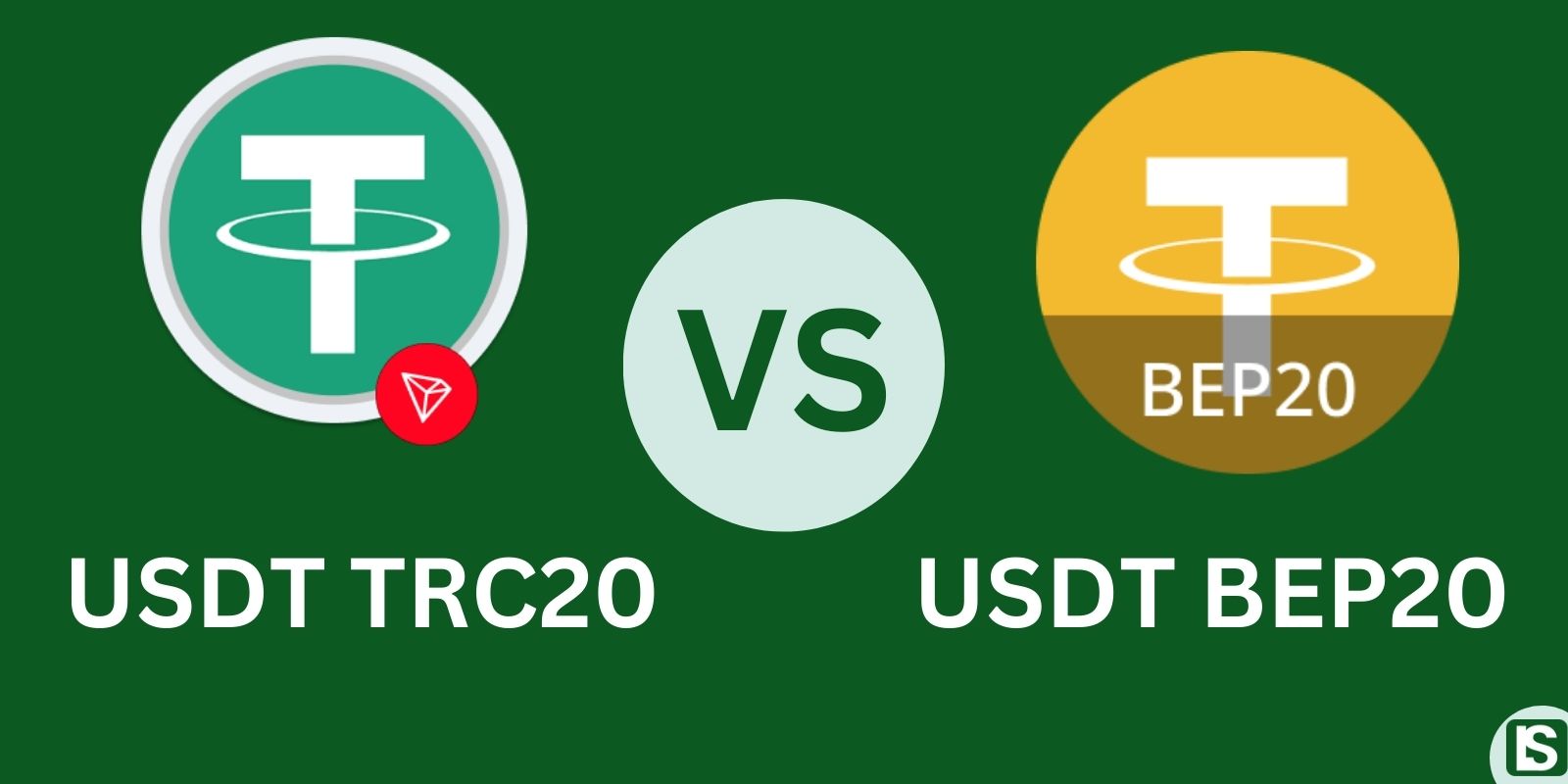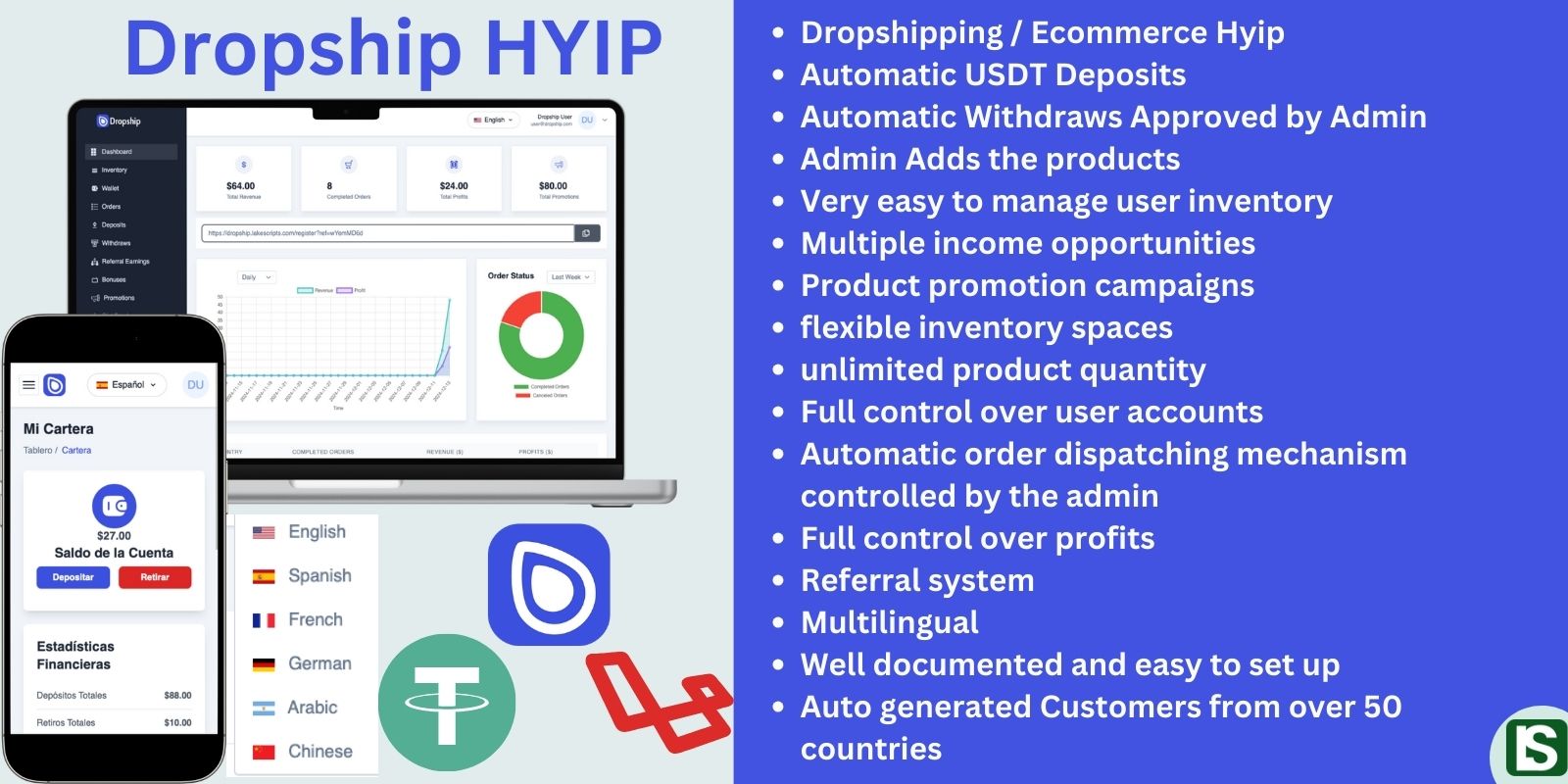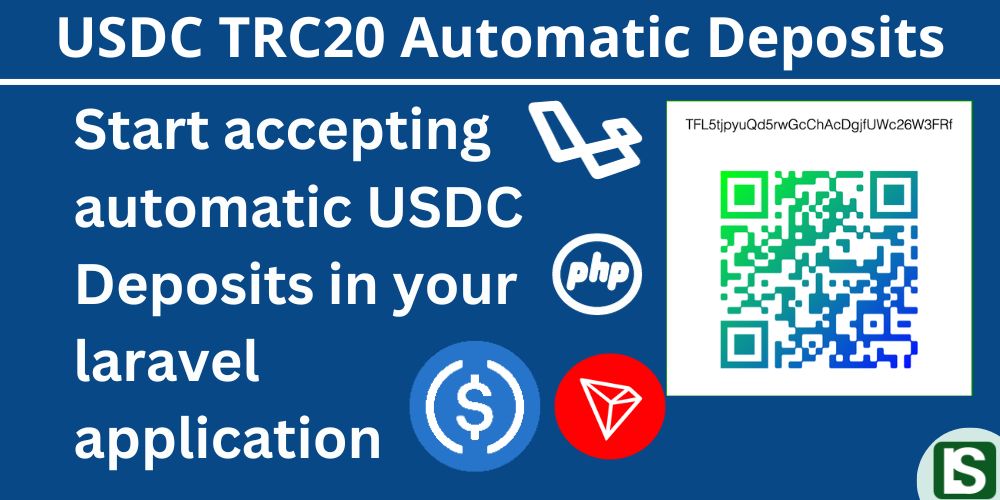
⚙️ Quick Overview: What Are TRC20 and BEP20?
USDT TRC20 is issued on the TRON blockchain , while USDT BEP20 operates on Binance Smart Chain (BSC) . Though both represent the same stablecoin, they use different standards and infrastructure.
💸 Real Transaction Fee Comparison (March 2025)
| Feature | USDT TRC20 (TRON) | USDT BEP20 (BSC) |
|---|---|---|
| Transaction Fee | 15–30 TRX ($3.58–$7.17) | ~0.001–0.004 BNB ($0.62–$2.49) |
| Gas Token | TRX | BNB |
| Fee Optimization | Yes, via Energy Delegation | No |
TRX = $0.239 | BNB = $623 (as of March 2025)
🧠 Why TRC20 Fees Aren’t Always “Low”
If the recipient address hasn’t held USDT before, transactions consume 15–30 TRX in resources. This translates to a real-world cost of $3.58 to $7.17 unless energy is delegated to the user.
🌱 Energy Delegation: How to Cut TRON Fees to Near-Zero
TRON uses a resource model of Bandwidth and Energy . With enough Energy, transactions can cost virtually zero TRX.
🔹 How to Get Energy on TRON:
- Staking TRX : Lock TRX to generate Energy and Bandwidth.
- Renting Energy : Use platforms like itrx.io , tronsave.io , or other Web3 energy providers to rent energy without locking tokens.
Laravel apps can automate energy delegation via API to reduce user-side fees.
⚡ BEP20 Fees: Predictable and Simple
BEP20 transactions consume ~21,000 gas. At common gas prices (20–50 Gwei), this results in costs between 0.001 to 0.004 BNB or roughly $0.62 to $2.49 .
No staking, no delegation—just maintain enough BNB in the wallet.
🧑💻 Laravel Integration Considerations
- Use APIs from TronGrid, BscScan, NowNodes, or public RPC endpoints
- Monitor wallet events via webhooks or jobs
- Queue confirmations and balance checks using Laravel queues
- Handle energy delegation for TRC20 or auto-fund gas for BEP20
⚖️ Summary: TRC20 vs BEP20
| Feature | USDT TRC20 | USDT BEP20 |
|---|---|---|
| Blockchain | TRON | Binance Smart Chain |
| Speed | ~3 seconds | ~5–10 seconds |
| Base Fees | High (unless optimized) | Moderate & consistent |
| Optimization | Yes (energy delegation) | No |
| User Onboarding | Needs TRX or energy | Straightforward |
| Developer Control | High (manage energy) | Moderate |
| Laravel Integration | Flexible, but complex | Simple & direct |
🏁 Final Verdict: Which Should You Choose?
- Choose TRC20 if you want lower long-term costs and can manage energy delegation.
- Choose BEP20 if you prefer simplicity and predictable fees with less technical overhead.
🔀 Why Not Both?
Laravel gives you the power to accept USDT on both TRON and BSC seamlessly.
- Let users pick the network they prefer
- Give options during high gas periods
- Maximize flexibility and adoption
🚀 Final Thoughts
TRC20 gives you low-fee potential through energy staking or delegation. BEP20 offers speed and simplicity without optimization overhead.
But the best solution? Accept both. Laravel’s ecosystem makes it easy to support multiple networks and provide a smoother experience for all your users.
Need help integrating USDT into Laravel? I can provide starter code or consulting to get you going fast.




Comment
Login to comment